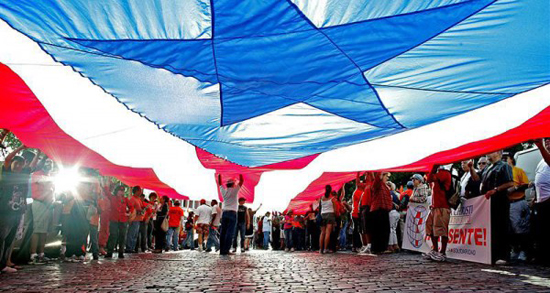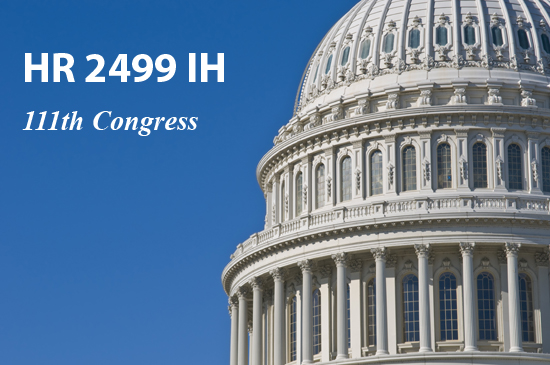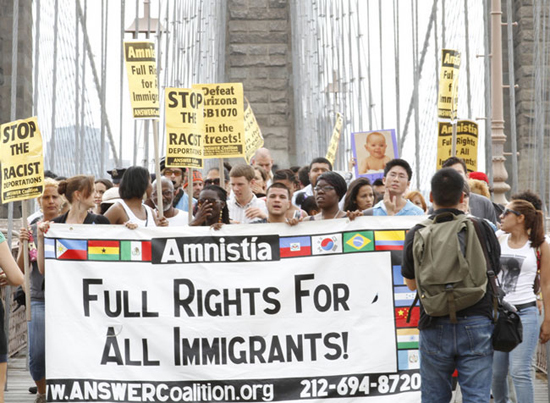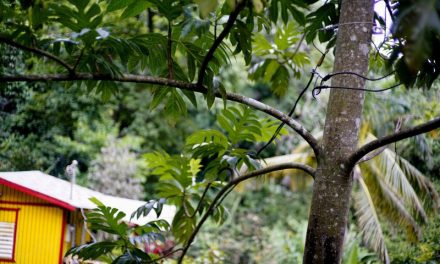
The current political status of Puerto Rico is officially called Estado Libre Asociado de Puerto Rico. When it is translated into English, it means Free Associated State of Puerto Rico. Over time, this political status has been conveniently referred to as the Commonwealth of Puerto Rico. Territorial status is meant to be a transitional step to usher in a permanent status, such as statehood or independence. Established in 1952, the territorial arrangement it was meant to serve as a transitional step.
The Supreme Court of the United States acknowledged that Puerto Rico fell under the territorial clause of the U.S. Constitution and under the authority of Congress: Congress, pursuant to its authority under the Territory Clause of the Constitution to make all rules and regulations respecting Territories, may treat Puerto Rico differently from States so long as there is a basis for its actions. In effect, Congress has the authority to regard The Commonwealth of Puerto Rico as an ordinary territory and treat Puerto Rico in a different way from the other 50 states. In other words, Puerto Rico is a colony of the United States of America.
This current colonial status does not allow Puerto Ricans to vote for the President of the United States. Puerto Ricans do not have representation in the U.S. Senate and no voting representation in Congress. Instead, the 4 million U.S. Citizens of Puerto Rico only have one Resident Commissioner who cannot even vote on the House floor. Therefore, Puerto Ricans have no say in the making of the laws and statutes that apply to them. Even though the U.S. Supreme Court has absolute jurisdiction over Puerto Rico, Puerto Ricans do not have representation in the U.S. Senate to cast an up or down vote on Supreme Court nominees. In the end, Puerto Rico is governed by a Congress in which they are not allowed to participate in, an Executive whom they did not elect, and a Judiciary whose justices they did not confirm.
List of H.R. Proposed Bills in Congress in 2009
- H.R. 2499 (Puerto Rico Democracy Act of 2009)
- H.R. 1958 (To amend the Military Construction Authorization Act)
- H.R. 1502 (Puerto Rico Hospitals Medicare DSH Equity Act of 2009)
- H.R. 1501 (Puerto Rico Medicare Reimbursement Equity Act of 2009 )
- H.R. 2839 (Puerto Rico Work and Empowerment Act of 2009)
- H.R. 2582 (To extend the supplemental security income program to Puerto Rico)
- H.R. 2680 (Territorial Health Parity Act of 2009)




